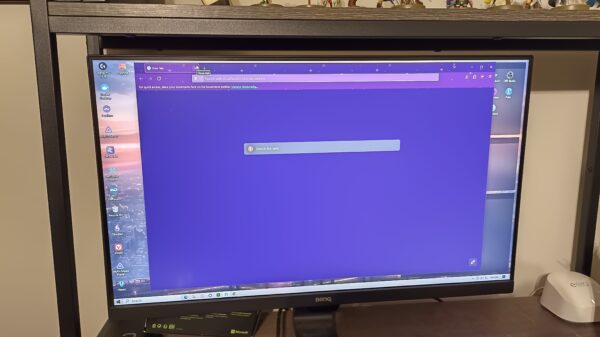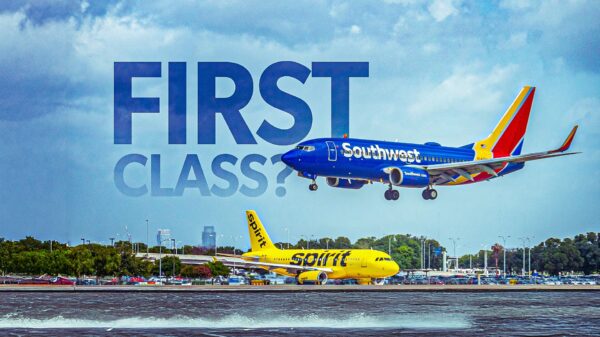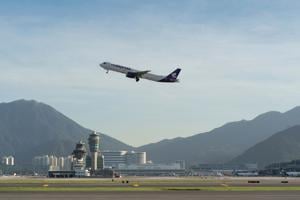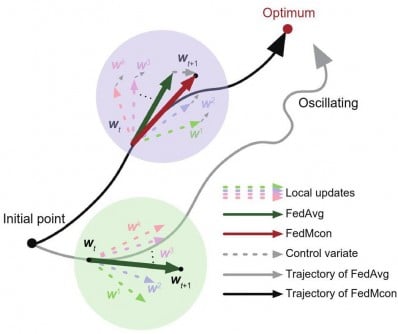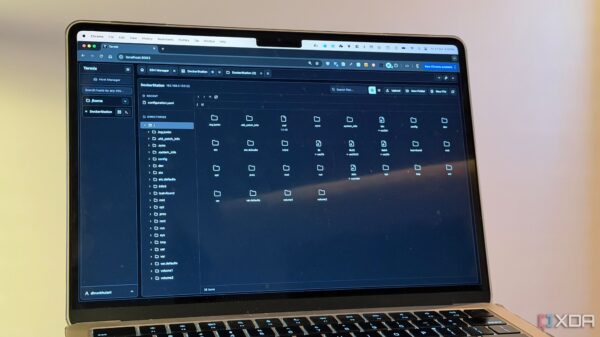American truck drivers are experiencing a significant increase in earnings as the Trump administration implements strict regulations against illegal migrant drivers. This crackdown aims to enhance highway safety while also addressing long-standing concerns about the impact of foreign labor on domestic trucking markets. The Department of Transportation (DOT) has introduced tougher English proficiency standards and imposed strict restrictions on foreign commercial drivers, igniting a change that many in the trucking industry view as beneficial.
The regulations followed a series of tragic accidents involving illegal migrant drivers who were able to obtain commercial driver’s licenses (CDLs) from various states. According to the American Trucking Associations, there are approximately 3.5 million truck drivers with CDLs in the United States, with an estimated 200,000 holding non-domiciled licenses—licenses issued to individuals who are not residents of the states where they apply, often foreign nationals.
Ilya Denisenko, owner of ICV Express, noted a positive trend in pricing within the trucking market. He recently managed to negotiate a freight load from $1,000 to $1,900 without any direct negotiation, a near-doubling of the original offer. “That’s almost double of what they had originally posted for,” Denisenko explained.
Regulatory Changes Spark Industry Reaction
The push for stricter regulations gained momentum following a high-profile incident in Florida, where a truck driver allegedly caused a crash that killed three people after making an illegal U-turn. Subsequent investigations revealed that the driver, an Indian national, was living in the country illegally and had limited understanding of English. This incident, among others, raised serious questions about how individuals with insufficient qualifications obtained their CDLs.
In response, DOT Secretary Sean Duffy announced that non-citizens seeking to obtain non-domiciled CDLs must now undergo federal immigration status checks and possess an employment-based visa. Duffy highlighted that ongoing investigations revealed a troubling pattern of state officials unlawfully issuing licenses to foreign drivers, with California identified as a state with significant compliance issues. The state has been ordered to halt the issuance of non-domiciled CDLs and to identify any licenses that do not meet federal standards, facing the potential loss of $160 million in federal highway funds if compliance is not achieved by the end of October.
The new regulations represent a stark contrast to policies enacted during the Obama administration, which had relaxed English proficiency requirements in 2016. Some in the industry believe that the previous changes allowed many unqualified drivers, including those without legal status, to obtain CDLs, contributing to safety risks on the roads.
Advocacy groups for American truckers have welcomed the recent changes but emphasize that further action is still necessary. Shannon Everett, a spokesperson for American Truckers United, stated that while the increase in rates is a positive development, the market remains challenging. “The spot market business has seen a net increase in yield out of markets known for harboring illegal alien truck drivers,” Everett said.
Enforcement Actions and Future Outlook
The Trump administration has also highlighted successful enforcement operations targeting illegal migrant CDL holders. In a recent operation in Oklahoma, Immigration and Customs Enforcement (ICE) agents arrested nearly 100 illegal migrants operating commercial vehicles. Among those apprehended was an individual with a CDL that lacked a proper name, raising serious concerns about the verification processes in states with sanctuary policies, such as New York.
Assistant Secretary for the Department of Homeland Security Tricia McLaughlin criticized New York for failing to adequately verify the citizenship status of applicants for CDLs. “New York is not only failing to check if applicants applying to drive 18-wheelers are U.S. citizens but even failing to obtain the full legal names of individuals they are issuing commercial drivers’ licenses to,” she noted.
In a further escalation of compliance measures, Duffy announced the withholding of more than $40 million in federal funds to California for its failure to meet English language proficiency standards. While some analysts caution that overall rates in the trucking industry have remained stable, they anticipate a more pronounced effect as non-domiciled CDL holders are gradually removed from the market.
Miranda, a trucking entrepreneur and host of the “Trucking Made Successful” YouTube channel, stated that the impact of the crackdown is already being felt. “Some drivers are refusing to operate due to uncertainty about CDL downgrades,” she said, adding that insurance companies are reportedly hesitant to cover non-domiciled drivers.
Looking ahead, industry advocates suggest that the administration could further enhance the working conditions for American truckers through legislative measures, such as the proposed Overtime for Truckers Act, introduced by New Jersey Republican Representative Jeff Van Drew.
Despite the challenges, some truckers express optimism about the future. Denisenko, himself a naturalized citizen, reflected on the rigorous process he underwent to obtain his CDL, contrasting it with the ease with which unqualified drivers have obtained licenses in the past. “Yeah, I’m definitely optimistic,” he said, emphasizing the need for qualified drivers who understand the language and regulations.
As the trucking industry navigates these regulatory changes, the focus remains on ensuring safer highways and promoting fair competition within the market, providing hope for many American truck drivers.

